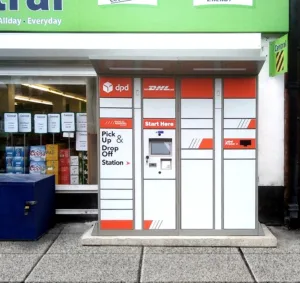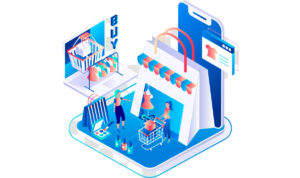By Sanna Ödmark, Head of Marketing, Cure Media.
Using discount codes has long been a popular method for ecommerce businesses to attract customers and increase sales, especially through influencer marketing. However, in a time when consumers’ perception of brands has become increasingly important, this marketing strategy can actually harm the brand and have a negative impact on profitability. Instead, brands should consider focusing on creating a brand image that is attractive and relevant to the target audience and becoming well-liked. The central purpose of using discount codes with influencers has been to promote measurement, which has been shown to be flawed – evaluating influencer marketing based on discount code sales does not provide an accurate picture of the channel’s effectiveness and value. Marketers need to rethink their approach.
Here are three reasons why brands need to stop using discount codes:
- Negative impact on brand and effectiveness: Statistics show that the use of discount codes significantly reduces views and engagement on social media, which can have a negative impact on marketing effectiveness. Our data from 3850 activations on Instagram shows that a feed post gets 63% higher engagement if it does not contain a discount code.
- Focus on brand image and authenticity: Instead of attracting customers with discount codes, brands should focus on creating an attractive brand image and using influencer marketing as a tool to increase brand awareness and create a positive association with the target audience – making sure to be well-liked. By building authenticity and credibility that cannot be achieved with discount codes, brands can create a strong and long-lasting relationship with their target audience.
- Discount codes do not provide a complete picture of the influencer’s effect: Discount codes are usually linked to last-click conversions, which provide a limited view of the overall effect of influencer marketing. Influencers contribute much more than just last-click conversions, and actual sales data has shown that last-click conversions only account for about 20% of the total sales that influencers generate. By only measuring through discount codes, you may miss about 80% of the value generated by influencers.
An example of a brand that has successfully built a strong brand identity without using discount codes is Apple. Instead, they have focused on being well-liked by creating an image of quality and innovation that has made them one of the world’s most profitable and successful brands. Apple has also successfully built a thriving community of loyal customers and advocates. This community plays a significant role in shaping and reinforcing Apple’s brand identity.
In summary, the use of discount codes can have a negative impact on the brand and long-term loyalty. Instead, brands should focus on creating an attractive brand image and using influencer marketing as a tool to increase awareness, preference, and liking in the target audience to achieve the channel’s full potential. There are few channels that can contribute to increased preference, which is key to profitable marketing.









